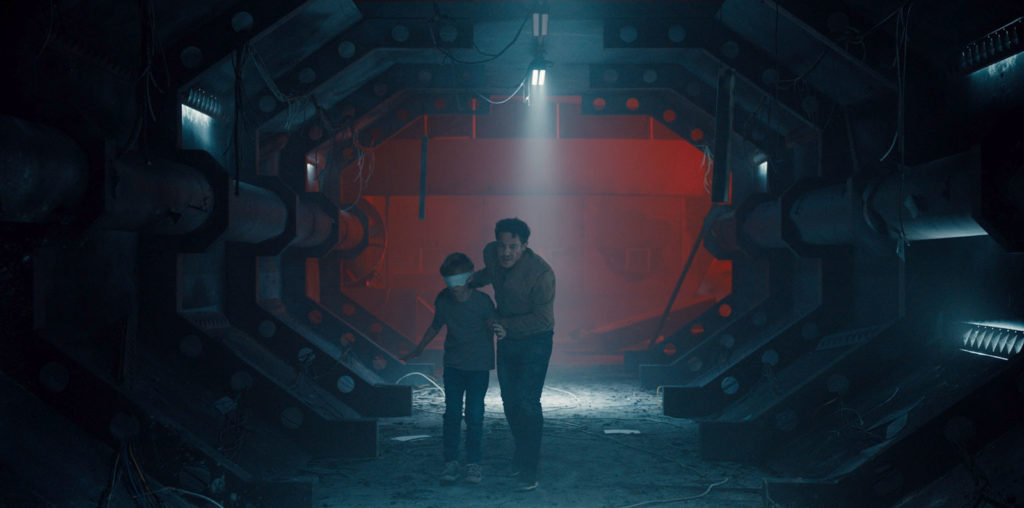
The concept of the angst-ridden superhero is hardly new. Those gloomy Marvel kids have always been alienated from mainstream society, for example, but it wasn’t until the 1980s – specifically the publication of Frank Miller’s “The Dark Night Returns” and Alan Moore’s “Watchmen” – that costumed characters were written to be more human, with all the nastiness that implies. These works were both critically acclaimed and influential, yet Hollywood’s efforts to humanize superheroes have been less successful, from Ang Lee’s ambitious but fatally flawed “Hulk” to the emo-riffic “Spider-Man 3.” The latest, Peter Berg’s “Hancock,” starts off promisingly, but gets bogged down when it abandons humor for gravity.
Hancock (Will Smith), as he’s known, doesn’t exactly fit the caped crusader mold. Unshaven and clad in a decidedly un-heroic shorts and hoodie combo, he does his best to foil crimes…when he’s not passed out, that is. His general state of drunken disinterest can be attributed to both his status as the (apparently) sole Superman-type on Earth, and the distinct lack of appreciation the public at large displays for his efforts. Hancock does little to mitigate that situation, apprehending criminals with little concern for the integrity of city infrastructure and trading insults with his many detractors.
One beneficiary of Hancock’s quixotic largesse is Ray Embrey (Jason Bateman), a PR guy fighting a losing battle to get corporations to improve their images by donating food and medicine to the world’s poor. In Hancock, Ray sees an opportunity for redeeming not only the surly superhero but his own career. Ray’s wife Mary (Charlize Theron) isn’t so keen on the idea, but supports hubby’s efforts to make Hancock more marketable to a population weary of destroyed streets and massive property damage. Facing numerous warrants, Hancock begrudgingly turns himself in to the authorities and is sent to prison, where – after a pointed demonstration of his skill at introducing certain parts of one’s anatomy to another – he’s left alone to contemplate his situation. And to await the entreaties for his release as the city’s crime rate skyrockets.
The first 45 minutes or so are, admittedly, pretty amusing, and it’s always nice to see someone revisit Christopher Reeves’ drunken Man of Steel act from “Superman III.” A not unexpected twist at the movie’s halfway point marks a distinct change in tone, however, and “Hancock’s” final act abandons most of what works in the early going in favor of probing the relationship between Hancock and Mary, bringing up questions of the character’s origin and past without offering any real answers, leading to an increasingly incoherent, effects-heavy finale.
It’s an unexpected approach – not actually force-feeding the audience every possible detail, but the scattershot editing makes one wonder if this was a deliberate strategy or just the unintended consequence of chopping things down to a holiday box office-friendly 92 minutes.
It’s unfortunate for Sony that it felt the need to gut the movie, likely removing backstory that might have coaxed us into giving a s**t about these characters, because as it stands now, “Hancock” is a really odd choice for a July 4th release, and audiences will likely leave feeling like they got half a movie: if they were drawn in by the initial marketing push, they’ll yuk it up for about an hour, enjoying Bateman’s slyly hilarious performance as well as the unique spectacle of Smith verbally abusing children, while those lured by the more recent promos highlighting the film’s darker edge will be put off by the same, only perking up for the murky third act. Whatever the case, they’re going to leave unsatisfied, leading me to the conclusion that “Hancock’s” biggest problem is that it’s half-assed.
